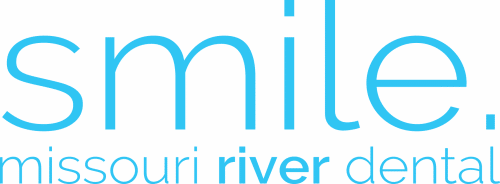Can I Smoke After Tooth Extraction?
After oral surgery, certain precautions should be taken to promote healing. This is particularly the case with the consumption of alcohol or cigarettes which, despite lifestyle habits, are to be avoided.
Although it is not a danger to life, it is still strongly advised not to smoke or drink alcohol within 48 to 72 hours after surgery. Not only does the consumption of these products risk considerably harming your recovery, but it can also interact with the medications that will be prescribed to you, which can be very dangerous.
For a smoker, it can be very difficult to temporarily stop smoking, even after surgery in the mouth. It should be understood that there are toxins in cigarette smoke that can delay recovery from surgery, and even cause serious complications including dry socket and inflammation.
Effect of cigarette smoke and nicotine on recovery after tooth extraction
Cigarette smoke contains many chemical elements and compounds that harm the body as a whole and, at the same time, interfere with the process of wound healing. Additionally, the nicotine found in tobacco smoke is a strong irritant to the edges of the socket left after the operation. It constricts the blood vessels that carry blood to the wound. The longer and more violently the tobacco acts on the wound, the longer it will take to heal. Smoking also negatively affects the blood clotting process. After a tooth extraction, the wound remains open for a long time and can constantly bleed, so the risk of infection exists regardless of if you smoke, however, smoking can exacerbate these risks. Additionally, the smoke suction action that you do when taking a puff of a cigarette can expel a newly formed blood clot. This clot is the first stage of healing, and if it is dislodged, you can suffer from dry socket.
How long is smoking prohibited?
When leaving the doctor's office, a smoker should definitely consult a dentist to find out when to smoke the first cigarette and start eating. Dentists recommend observing at least a minimum period of smoking cessation after tooth extraction - 2-10 days. This time is necessary for complete healing of the wound and resorption of postoperative sutures. After this time, you technically CAN smoke, but only if the bleeding has completely stopped, and it is STRONGLY advised that you do not. If the recommended smoking break is not observed, postoperative complications may occur, and they may occur even after this time period. Please note that even a single cigarette can delay healing.
Each patient has the right to independently decide whether to smoke or not. But before taking the first puff, every smoker is advised to familiarize themselves with the possible consequences if the recommendations of the dentist are not followed. Most of them can lead to serious health problems, and some can even be fatal.
There are 3 particularly dangerous complications for the smoker:
* Osteomyelitis.
This is purulent inflammation of bone tissue as a result of infection. This disease is very serious and, if not properly treated, can lead to the death of the patient.
* Alveolar osteitis (dry socket)
This is a condition where there is no blood clot in the pit, which is a natural barrier for infections to enter the hole. A blood clot can "come out" under the influence of nicotine, a feature of which is its ability to increase blood pressure inside the vessels.
* Alveolitis
This is inflammation of the socket of the tooth and surrounding tissues after its removal. The hole area begins to hurt a lot, swells, and becomes covered with a gray coating, the patient's temperature rises, the lymph nodes increase, and food intake is impossible due to sharp pain.
